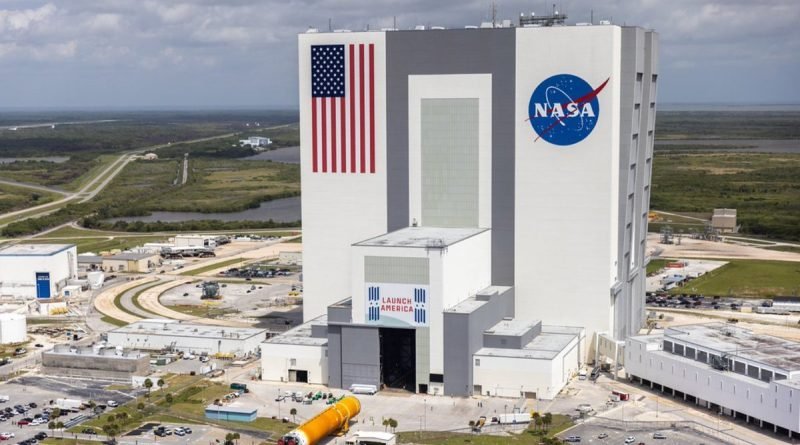NASA has started to create a nuclear rocket engine for flights to Mars
NASA in cooperation with the Office of Advanced Research Projects (DARPA) of the U.S. Department of Defense has begun the design and production of a nuclear rocket engine for flights to Mars.
The program is designed to enable the nation to move forward. After successful testing, we could greatly improve the available tools for faster and longer range spaceflight. The press release also states that the nuclear rocket engine is planned to be tested by 2027.
The principle of the nuclear rocket engine is to create jet propulsion by converting a liquid working body into a gas due to the heating of a nuclear reactor chamber. This technology differs from the prospective concept of a thermonuclear rocket engine, which involves the use of a controlled fusion reaction.
NASA also believes that nuclear-powered rockets will get to Mars faster, making missions easier and safer for the crew. This type of engine requires less fuel, which means that the payload of a nuclear-powered rocket can be larger than that of fuel-powered rockets.
You may be interested: NYPD intends to use drones for extreme weather warnings
